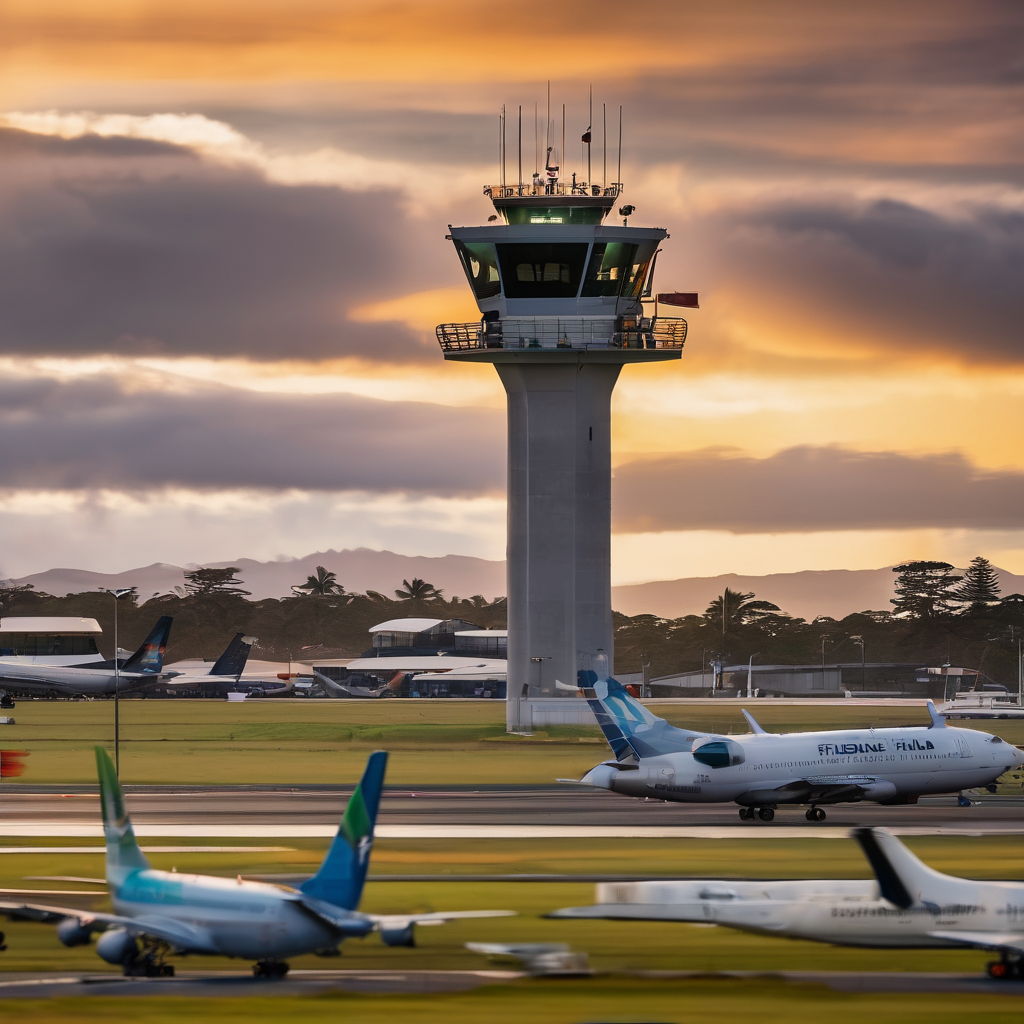The U.S. Federal Aviation Administration (FAA) is currently grappling with significant operational challenges, resulting in delays at major airports such as Ronald Reagan Washington National Airport and Dallas Fort Worth International Airport. With the government shutdown now reaching its 30th day, a critical shortage of air traffic controllers is leading to an average flight delay of 91 minutes at Reagan and 21 minutes at Dallas. Orlando International Airport is also anticipated to face similar disruptions due to these staffing issues.
Throughout this shutdown, tens of thousands of flights have been impacted, highlighting the severe consequences of ongoing staff shortages. Earlier this week, a ground stop was implemented at Reagan Airport due to concerns surrounding air traffic controller staffing.
While the primary cause of these delays is the shortage of personnel, adverse weather conditions are also exacerbating the situation, particularly in the northeastern U.S. Reports indicate that over 13,000 air traffic controllers and 50,000 Transportation Security Administration (TSA) personnel are currently working without pay, causing additional stress and uncertainty for these vital workers. Transportation Secretary Sean Duffy noted that air traffic controller absences were responsible for 44% of delays last Sunday and 24% on Monday, stark contrasts to an average of just 5% before the shutdown.
The FAA is facing a deficit of approximately 3,500 air traffic controllers, an issue that has lingered for more than a decade. Many controllers, even before the shutdown, were already working long hours and mandatory overtime, further stretching the system’s capacity.
This current crisis resonates with experiences from past government shutdowns, particularly the lengthy one in 2019 that also resulted in widespread delays due to a lack of personnel in air traffic control and TSA operations. Industry leaders and employees are now urging for a resolution, as the ongoing uncertainty regarding employment and financial stability looms over those in air travel operations.
These challenges not only highlight the critical need for adequate staffing to ensure safety and efficiency in aviation but also showcase the resilience and commitment of air traffic controllers and airport officials in safeguarding air travel during these difficult times. There is hope that as budget discussions advance, these dedicated professionals will return to their normal working conditions, contributing to a smoother travel experience and restoring public confidence in air travel.
